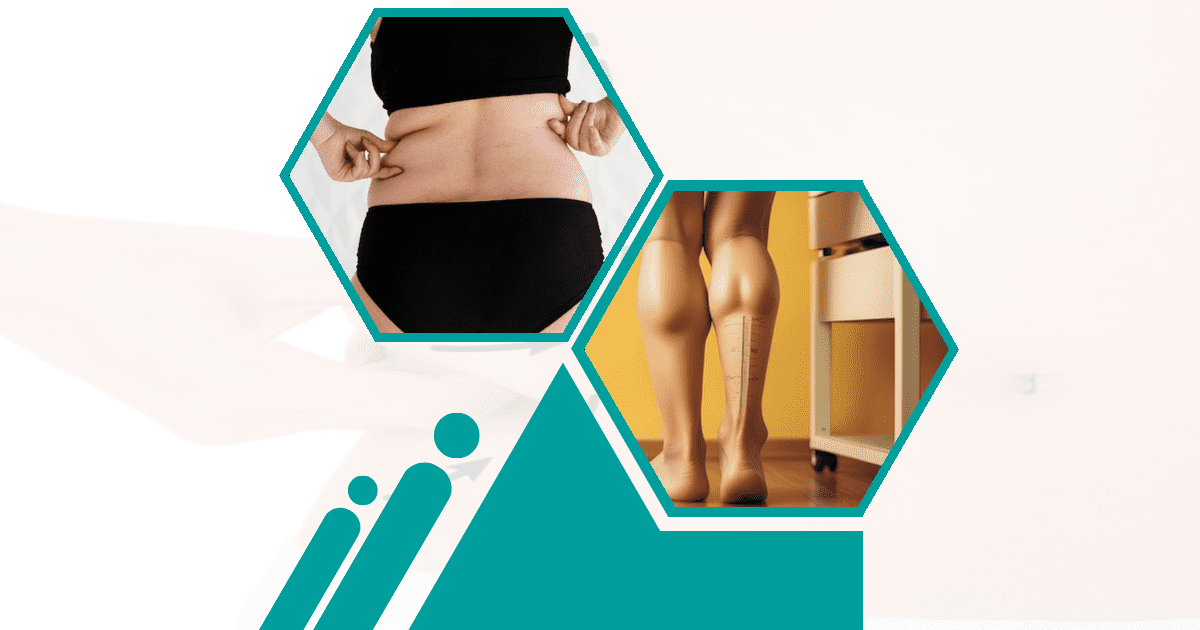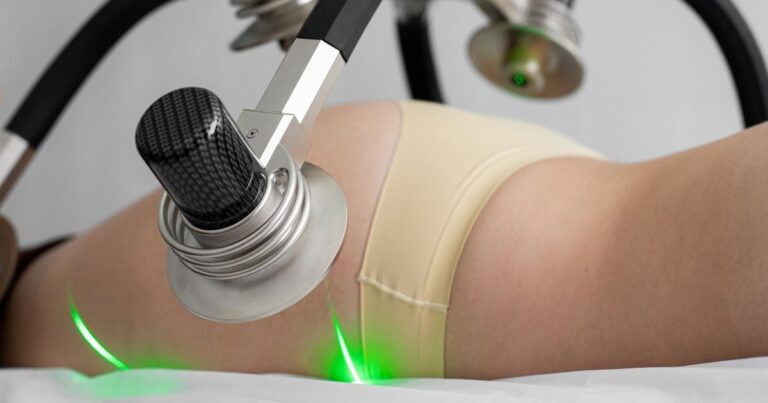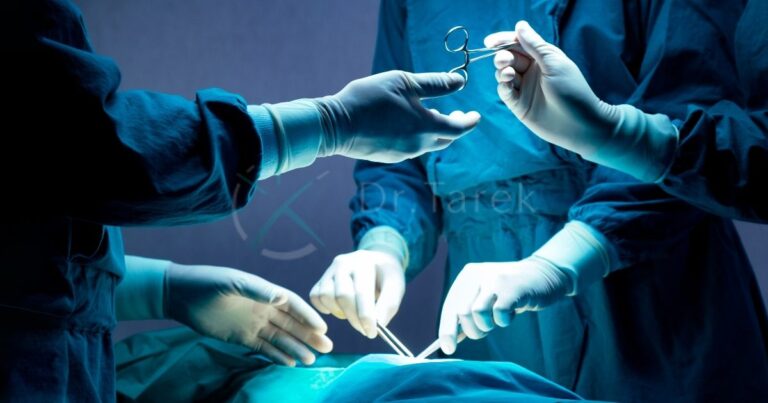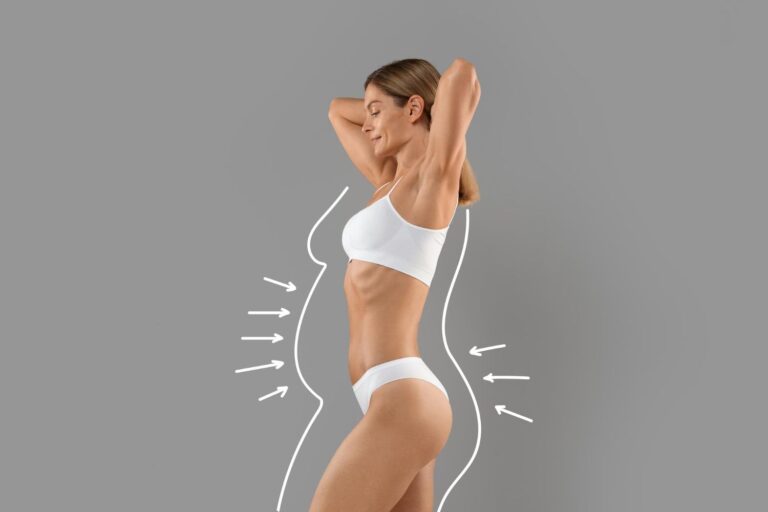Liposuction is a popular cosmetic procedure aimed at removing excess fat from specific areas of the body. While it is generally considered safe, some patients experience complications, including nerve damage. This article explores the potential link between liposuction and neuropathy, providing valuable insights for those considering the procedure.
Understanding Liposuction and Nerve Damage
Liposuction involves the removal of fat deposits through suction, typically using a cannula. It is often performed on areas like the abdomen, thighs, and arms. Despite its popularity, liposuction carries risks, including nerve damage.
Sculpted Liposuction Technology uses special tools to remove fat and shape the body
this method helps create a more defined look in specific areas during fat removal
How Does Nerve Damage Occur?
Nerve damage during liposuction can occur due to the close proximity of nerves to the fat being removed. In some cases, the cannula might inadvertently affect nearby nerves, potentially causing neuropathy. This can lead to symptoms ranging from mild tingling to severe pain. However, when liposuction is performed by Dr. Tarek Bayazid, the chances of nerve damage are virtually zero, thanks to his expertise, precision, and advanced surgical techniques.
- Liposuction targets fat deposits.
- Nerves can be injured by the cannula.
- Symptoms vary from mild to severe.
Types of Nerve Damage Associated with Liposuction
Temporary Numbness and Tingling
Temporary numbness and tingling are common after liposuction. These sensations usually resolve within a few weeks as the nerves heal. However, persistent symptoms may indicate more serious nerve damage.
Book A Consultation With Dr Tarek Bayazid
Top-rated Plastic Surgeon For Liposuction in Dubai
Installment Plan Available
Persistent Nerve Pain
Some patients experience ongoing nerve pain after liposuction. This pain can be debilitating and may require medical intervention. Persistent nerve pain is often a sign of significant nerve injury.
Iatrogenic Sciatic Nerve Injury
Iatrogenic sciatic nerve injury is a rare but serious complication of liposuction. This occurs when the sciatic nerve is damaged during the procedure, leading to severe pain and mobility issues.
- Temporary numbness is common.
- Persistent pain may require treatment.
- Sciatic nerve injury is rare but serious.
Risk Factors for Developing Neuropathy After Liposuction
Surgical Technique
The technique used during liposuction can influence the risk of nerve damage. Surgeons must be skilled and precise to minimize the risk of injuring nerves.
Patient Health Factors
Certain health conditions, such as diabetes, can increase the risk of neuropathy after liposuction. Patients with pre-existing nerve issues should discuss these with their surgeon.
Amount of Fat Removed
Removing large amounts of fat increases the risk of nerve damage. Surgeons should carefully assess the amount of fat to be removed to minimize complications.
- Skilled technique reduces risk.
- Health conditions can increase risk.
- Large fat removal poses higher risk.
Symptoms of Neuropathy Following Liposuction
Sensory Changes
Patients may experience changes in sensation, such as numbness or tingling, in the treated area. These changes can be temporary or permanent, depending on the extent of nerve damage.
Motor Function Impairment
In some cases, nerve damage can affect motor function, leading to weakness or difficulty moving the affected area. This can impact daily activities and quality of life.
Chronic Pain
Chronic pain is a common symptom of neuropathy following liposuction. This pain can be persistent and may require long-term management strategies.
- Sensory changes can be temporary or permanent.
- Motor impairment affects daily life.
- Chronic pain may need long-term management.
Treatment Options for Liposuction-Induced Neuropathy
Conservative Management
Conservative management includes rest, ice, and elevation of the affected area. These measures can help reduce inflammation and promote healing.
Medications
Medications, such as pain relievers and anti-inflammatory drugs, can help manage symptoms. In some cases, nerve pain medications may be prescribed.
Physical Therapy
Physical therapy can improve mobility and strength in the affected area. Therapists use exercises and techniques to aid recovery and reduce pain.
- Rest and ice reduce inflammation.
- Medications manage pain and inflammation.
- Physical therapy aids recovery.
Prevention Strategies
Proper Patient Selection
Selecting the right candidates for liposuction is crucial. Patients should be in good health and have realistic expectations about the procedure.
Surgical Technique Refinement
Surgeons should continually refine their techniques to minimize the risk of nerve damage. This includes using smaller cannulas and avoiding areas with dense nerve networks.
Post-Operative Care
Proper post-operative care is essential for preventing complications. Patients should follow their surgeon’s instructions and attend follow-up appointments.
- Select healthy candidates.
- Refine surgical techniques.
- Follow post-operative care instructions.
Recovery and Prognosis
Timeline for Nerve Healing
Nerve healing can take several weeks to months, depending on the extent of the damage. Patients should be patient and follow their recovery plan.
Long-Term Outcomes
Most patients recover fully from nerve damage after liposuction. However, some may experience long-term symptoms that require ongoing management.
- Nerve healing takes time.
- Most patients recover fully.
- Some may have long-term symptoms.
Recent Advancements in Liposuction Techniques to Minimize Nerve Damage
Recent advancements in liposuction techniques aim to reduce the risk of nerve damage. These include the use of advanced imaging and smaller cannulas to improve precision.
FAQs
How Do You Know if You Have Nerve Damage After Liposuction?
Nerve damage after liposuction can manifest as numbness, tingling, or pain in the treated area. If these symptoms persist, it is important to consult a healthcare professional for evaluation and diagnosis.
How Long Does Nerve Pain Last After Liposuction?
The duration of nerve pain after liposuction varies depending on the extent of the damage. While some patients recover within weeks, others may experience pain for several months. Ongoing symptoms should be discussed with a doctor.
How Common is Nerve Damage After Lipo?
Nerve damage after liposuction is relatively uncommon, with an estimated incidence of 0.04% to 8.7%. However, the risk can vary based on factors such as surgical technique and patient health.








